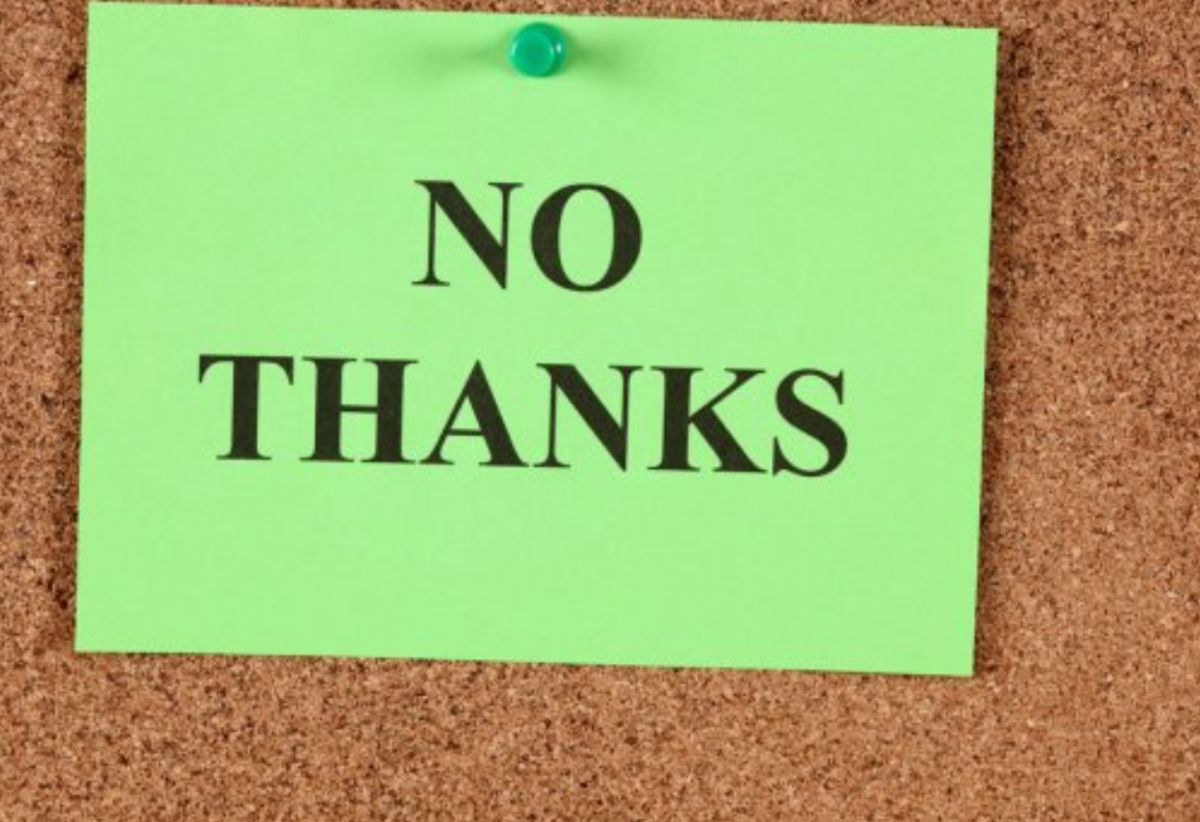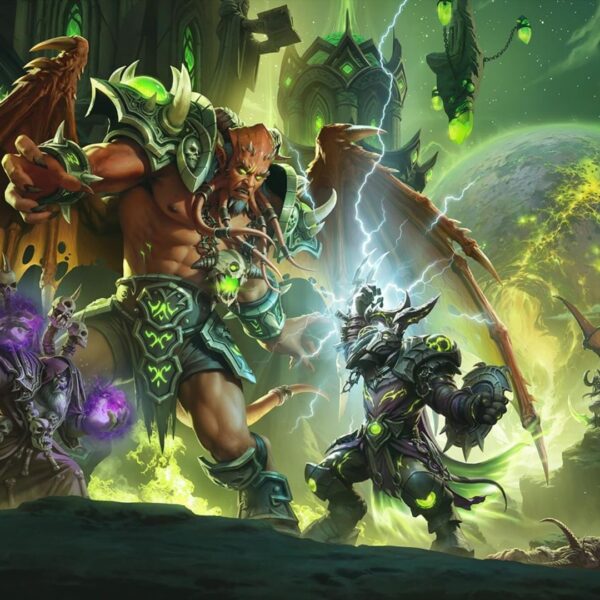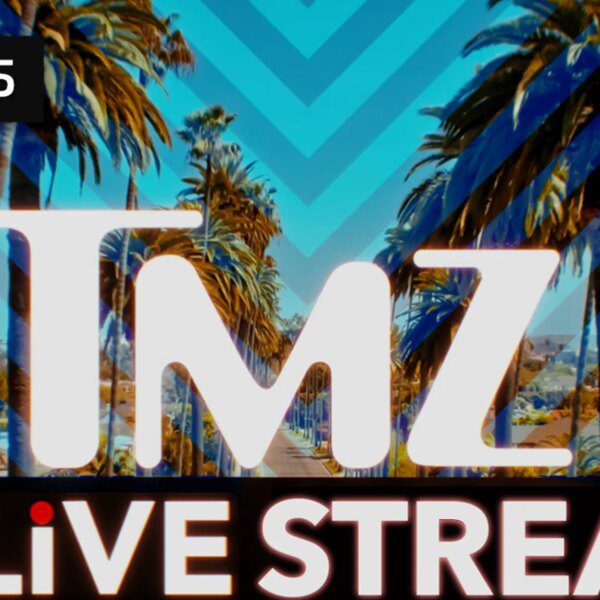
Even Americans earning six figures are feeling squeezed as the rising cost of living forces those in top income brackets to cut back on expenses and look for ways to stretch their dollars, according to a survey from the Harris Poll.
The findings reveal a surprising sense of economic anxiety, with 64% of six-figure earners saying their income isn’t a milestone for success but merely the bare minimum for staying afloat.
“Our data shows that even high earners are financially anxious — they’re living the illusion of affluence while privately juggling credit cards, debt, and survival strategies,” Libby Rodney, the Harris Poll’s chief strategy officer and futurist, said in a statement.
In fact, those making $200,000 or more have resorted to financial tactics that are often associated with less wealthy consumers. For example, 64% said they’ve used rewards points to pay for essentials, 50% have used “buy now pay later” plans for purchases under $100, and 46% rely on credit cards to make ends meet.
The Harris Poll report also revealed how those top earners are avoiding expenses: 49% skipped a social event so they wouldn’t have to split a check, 48% have pretended an app like Venmo or Zelle wasn’t working to dodge a payment, and 45% held off on medical care due to the cost.
And like most Americans, six-figure earners also report that groceries and other household essentials as well as housing and medical costs are the top expenses draining their income.
In another sign of how stretched six-figure earners feel, they are also looking for additional ways to make extra cash or save money, according to the Harris Poll.
To stay financially afloat, they are currently engaged in or considering: side hustles (61%), selling personal items (53%), skipping meals (41%), renting out all or part of their home (41%), and resorting to debt consolidation or bankruptcy (38%).
“The illusion of wealth is exhausting: Many top earners say people assume they can afford it all, yet behind the image of success are quiet sacrifices: skipped purchases, delayed plans, and a fragile sense of security,” the report said.
The financial strains detailed in the survey help explain why discount retailers like Walmart have reported seeing more upper-income customers shopping at their stores.
Meanwhile, voters in this month’s off-year elections sent a resounding message to lawmakers that affordability remains a top concern, even as inflation has cooled substantially from a 2022 peak.
And if wealthier Americans are feeling this much anxiety, that could signal the overall economy is on shakier ground, as the top 20% of earners have been driving growth in recent years.
“The data also show that the U.S. economy is being largely powered by the well-to-do,” Moody’s chief economist Mark Zandi said in September. “As long as they keep spending, the economy should avoid recession, but if they turn more cautious, for whatever reason, the economy has a big problem.”















